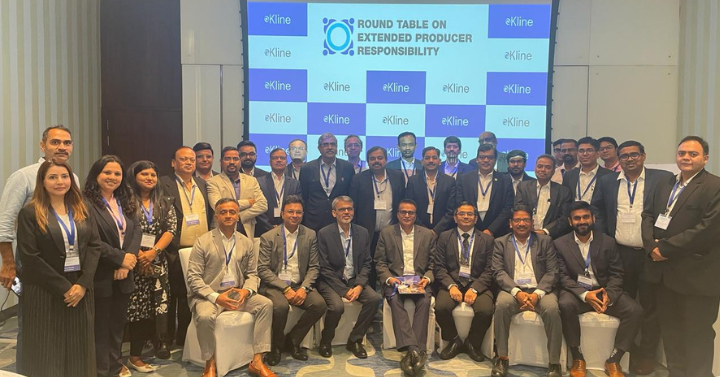On March 21, Kline conducted a roundtable discussion on the Used Oil Extended Producer Responsibility (EPR) regulation that will come into force in April 2024. The participants included representatives of major lubricant, lubricant basestock, and lubricant additive companies, as well as representatives from the Society of Indian Automobile Manufacturers (SIAM) – an industry body, and the Central Pollution Control Board (CPCB), a government agency that will administer this regulation.
The regulation, which was announced in September 2023 has crept up on the lubricants industry. An informal survey at the event found that only 14% of the attendees felt that their company was prepared for the new regulations.

Of course, the industry still has 12 months before the requirement to buy EPR certificates in a given ratio (specified by the regulation) to their lubricant sales. A discussion on the implementation of EPR in the context of the Indian market highlighted several issues that need to be addressed before a successful program achieves true circularity.
The discussion points included key aspects of the industry: collection of used oils, re-refining capacity and technology, availability of enough EPR certificates in line with the requirements of the regulation and finding a home for the re-refined basestocks. India has set ambitious EPR targets especially compared with other countries. To achieve these targets, various roadblocks will have to be addressed. The roundtable threw up some potential solutions to address these issues based on the unique challenges that India poses, as well as the lessons learnt from EPR programs in other countries.
Kline will publish a paper on the implementation challenges of the Indian used oil EPR regulations to stimulate a much-needed discussion on this topic. As they say, watch this space.

